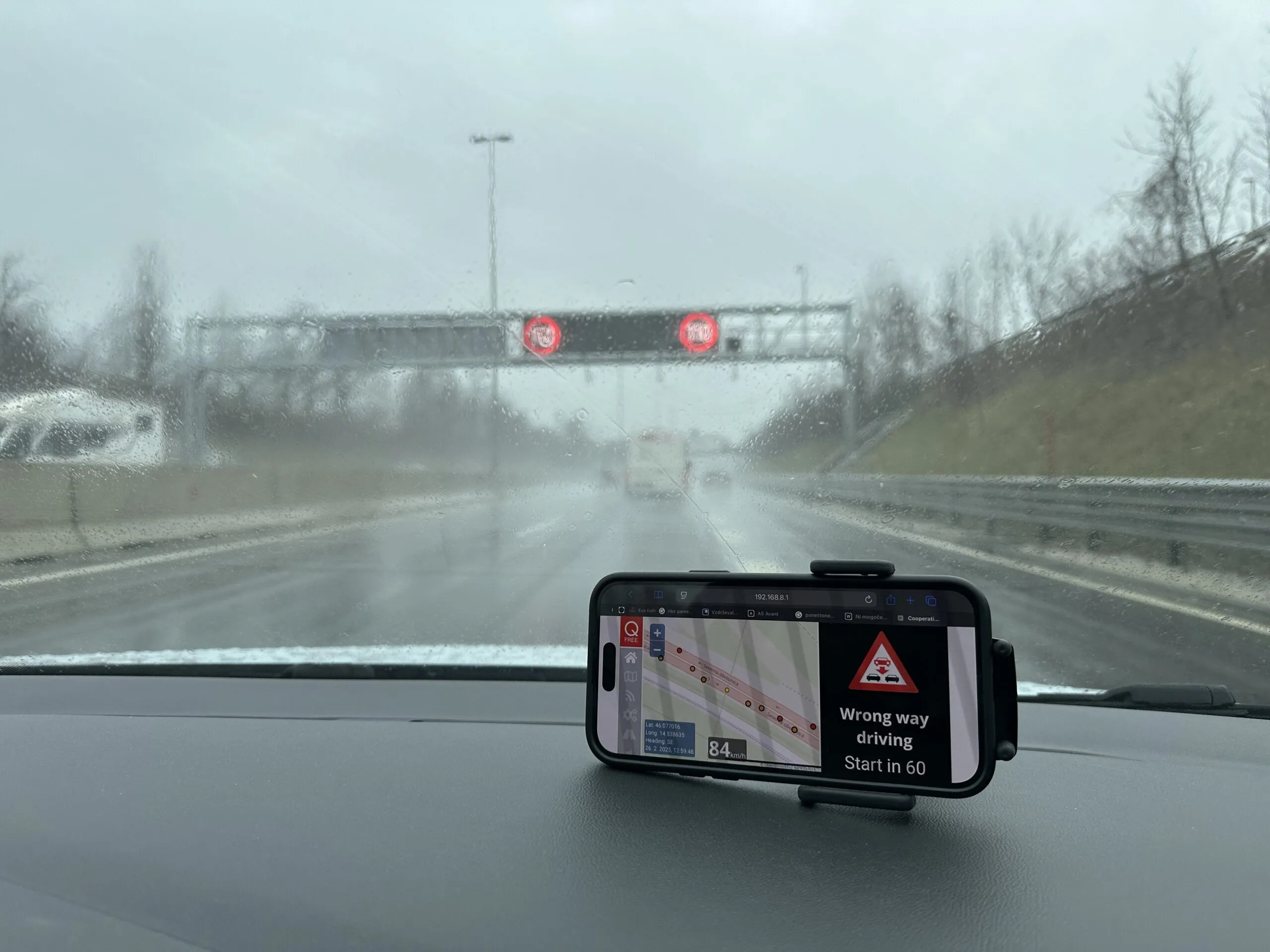
Q-Free has collaborated with Slovenian road operator Dars in the deployment of a new cooperative ITS (C-ITS) network in the eastern European country's capital, Ljubljana.
The system will enable equipped Volkswagen vehicles to receive in-car notifications such as traffic incidents, construction zones, low visibility alerts, and wrong-way driver warnings.
The new network sees 25 roadside units (RSUs) on more than 100km of Ljubljana’s major ring-road. These RSUs will transmit information to VW drivers, while receiving traffic flow information from them at the same time.
Slovenia sits between Austria, Croatia, Hungary and Italy and is on a key freight route between the European nations. Q-Free says traffic volume, particularly around Ljubljana, has increased over the last few years, with some estimates suggesting a 5% annual rise.
Q-Free and Dars have done something together on a smaller scale before: in 2018, a local pilot used nine RSUs with a central management system.
In this new deployment, Dars will also use five vehicle-mounted mobile units, probably around workzones and traffic incidents.
“We put a high value on our relationship with Dars and though this solution is not part of our commercial portfolio, we decided to develop a customised solution that would exactly fit their needs,” explains Q-Free CEO Mark Talbot.
“I’m proud of our team for recognising that we’re not just in the traffic management business, we’re in the relationship business."










